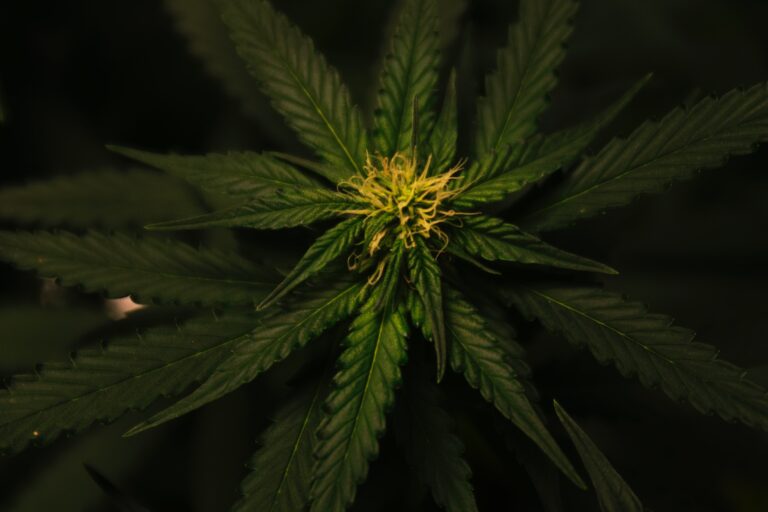Is cannabis legal in New South Wales, Australia?
In New South Wales (NSW), Australia, cannabis is considered an illegal substance for recreational use. However, there have been recent changes to the laws surrounding its medicinal use. In 2016, the state government passed legislation allowing for the use of medical cannabis under certain circumstances. Despite these changes, possession, cultivation, and distribution of cannabis for non-medical purposes remain illegal.
What is the public opinion on cannabis in New South Wales, Australia?
Public opinion on cannabis in NSW varies, with some people supporting its decriminalization or legalization, while others remain opposed. A recent survey conducted by the Australian Institute of Health and Welfare found that around 41% of Australians support the legalization of cannabis, with support higher among younger age groups. It is important to note that opinions may differ within NSW, and public opinion does not necessarily reflect the current legal status of the drug.
What are the laws and penalties for cannabis use in New South Wales, Australia?
While cannabis is illegal for recreational use in NSW, there are specific laws and penalties in place for those caught using or possessing the drug. These include:
- Possession: Possession of up to 15 grams of cannabis may result in a caution, which includes information on the harms associated with drug use and options for seeking treatment. Individuals can receive up to two cautions before facing criminal charges.
- Cultivation: Growing cannabis plants for personal use can result in a fine or imprisonment, depending on the number of plants and other factors.
- Supply: Supplying or distributing cannabis is a criminal offense, with penalties varying based on the quantity of the drug and whether it is considered a small, indictable, or large commercial quantity.
- Driving: Driving under the influence of cannabis is illegal and can result in fines, loss of license, or imprisonment.
What is marijuana called in New South Wales, Australia?
In New South Wales, marijuana is often referred to as cannabis, weed, pot, or dope. Slang terms may vary among different communities or regions within the state.
What is the legal status of CBD in New South Wales, Australia?
Cannabidiol (CBD) is a non-psychoactive compound found in cannabis plants. In Australia, CBD is considered a controlled substance under the Poisons Standard, and its use is restricted to specific medical conditions with a prescription from a medical practitioner. The prescription must be approved by the Therapeutic Goods Administration (TGA) and the NSW Ministry of Health before it can be dispensed.
Is medical cannabis legal in New South Wales, Australia?
Medical cannabis is legal in NSW under certain conditions. Patients with specific medical conditions, such as epilepsy, cancer, and multiple sclerosis, may be eligible to access medical cannabis with a prescription from a registered medical practitioner. Access to medical cannabis requires approval from both the TGA and the NSW Ministry of Health.
Can I grow cannabis in New South Wales, Australia?
Growing cannabis for personal use remains illegal in New South Wales. Cultivating cannabis plants can result in fines or imprisonment, depending on the number of plants and other factors. Medical cannabis patients are also not allowed to grow their own cannabis, and access to the drug must be through approved channels.
What are the government laws and resources regarding cannabis in New South Wales, Australia?
The government of New South Wales provides various resources and information regarding cannabis laws and regulations. Some of these resources include:
- NSW Health – Medicinal Cannabis
- Therapeutic Goods Administration – Access to Medicinal Cannabis Products
- NSW Police Force – Drug Offences
- NSW Health – Cannabis Facts
It is important to stay informed about the current laws and regulations surrounding cannabis use in New South Wales, as they may change over time.
